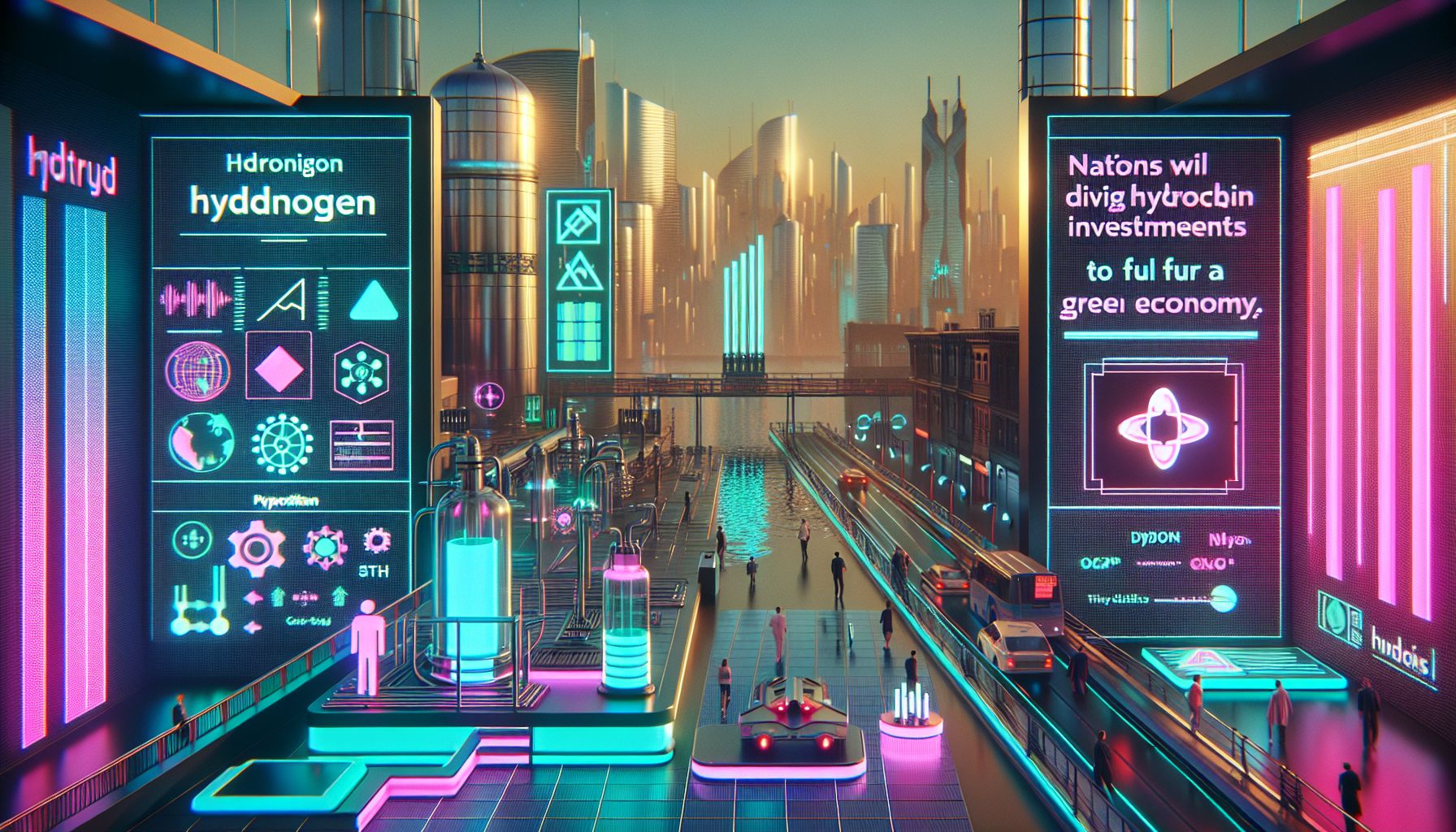Nations Dive Into Hydrogen Investments to Fuel Green Economy

London, Wednesday, 1 October 2025.
Countries are ramping up investments in hydrogen infrastructure, marking a major step in the renewable energy race. This shift promises economic growth and a sustainable energy future.
Global Surge in Hydrogen Infrastructure
It’s an exciting time for hydrogen enthusiasts, as nations worldwide are pouring money into hydrogen infrastructure. This isn’t just about being green; it’s a strategic play to secure a top spot in the future energy market. Countries like Germany and Egypt are leading the charge. Germany’s plan includes a hefty €9 billion investment to build 5 GW of electrolyser capacity by 2030 [4]. Meanwhile, Egypt is making waves with a $40 billion investment in green hydrogen and renewable technologies in the Suez Canal economic zone [4].
Green Hydrogen’s Growing Appeal
You might wonder, why all the buzz about green hydrogen? It’s simple: it’s clean and versatile. Unlike grey hydrogen, which isn’t quite as eco-friendly, green hydrogen is produced through the electrolysis of water using renewable electricity, drastically reducing greenhouse gas emissions [5]. Countries are recognising its potential to power industries traditionally reliant on fossil fuels, such as steel and chemicals [5].
Strategic Moves Beyond Traditional Regions
In a bid to diversify hydrogen production beyond the traditional strongholds in the Middle East and North Africa, regions like Sub-Saharan Africa and South America are stepping up. Brazil, Uruguay, and Namibia are emerging as frontrunners in this green transition due to their renewable energy potential and supportive policies [1]. However, these countries face unique challenges, such as transport logistics and water scarcity, highlighting the need for region-specific strategies [1].
Economic Opportunities and Challenges
Let’s talk money. The push for hydrogen isn’t just about saving the planet; it’s about economic growth too. The global hydrogen market is expanding, and investments in infrastructure are expected to unlock new economic opportunities [4]. However, the cost of green hydrogen production remains a hurdle, currently ranging from 1.5 to six times more than hydrogen derived from fossil fuels [5].
A Bright Future for Hydrogen
As nations rally for hydrogen, the future looks promising. The European Union, for example, is committed to the EU Green Deal, setting binding targets for renewable hydrogen across industries [6]. This year marks a decisive moment as member states work to implement these ambitious plans [6]. With technology advancing and costs projected to decrease, hydrogen could soon become a cornerstone of the global energy landscape.